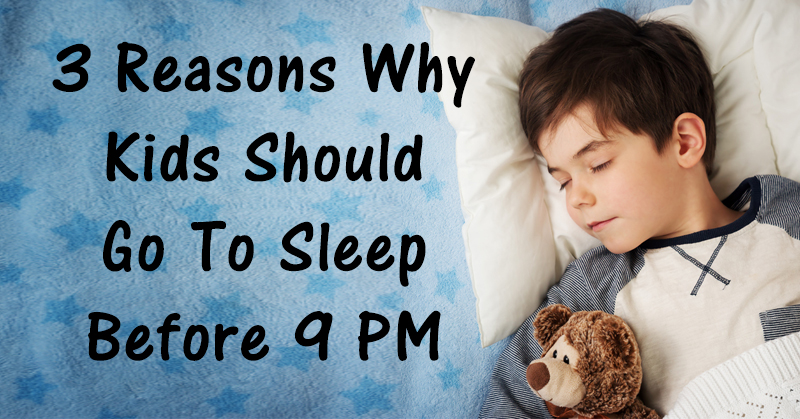
Your baby may sleep substantially less than usual one day and then "catch up" by sleeping more the following day. It's not uncommon for a newborn's sleep pattern to change from day to day. The average newborn sleeps about 16 to 20 hours a day, with eight to nine hours of sleep happening at night and the rest happening during the day. (And for more advice from a pediatric sleep doctor about coping with newborn sleep, as well as what you can do to help baby sleep better throughout the first year, check out The Bab圜enter 3-Stage Sleep Solution from Bab圜enter Courses.) How much should a newborn sleep?īecause newborn sleep is unpredictable and varies from baby to baby, it's hard to say how much you can expect your new baby to sleep each day. But for now, all you can do is meet your baby's needs, lean on friends and family for support, and grab every minute of rest that presents itself. Toward the end of the first month, you might notice patterns emerging as a clue to your baby's future sleep habits. They sleep for short stretches of time (usually just a few hours), and wake frequently to eat because their stomachs are so small. When it comes to sleep, newborns are all over the map.

However, trying to establish a sleep schedule is fruitless at this stage. The first few weeks with a newborn are overwhelming. After a few weeks of round-the-clock feedings, you might feel anxious to establish a sleep routine so you can get a little rest. ACCESS has locations near you and our team of health care professionals is ready to help you learn more.As the parent of a newborn, you've probably never been more exhausted than you are right now. Schedule an appointment with your health care provider today. If you’re having trouble getting to sleep or staying asleep, there might be an underlying cause. The National Sleep Foundation recommends the following ranges: The right amount of sleep varies for each individual and it depends on age. If you’re trying to lose weight, getting a good night’s rest is critical. In fact, a study revealed that adults who are sleep deprived were 55% more likely to become obese. Sleep deprivation affects our body’s ability to regulate appetite hormones, so those who have poor sleeping habits tend to have bigger appetites and eat more than those who are not sleep deprived. Individuals who are sleep deficient may have a harder time fighting common viruses, like a cold or the flu. In addition, lack of sleep also affects our immune system. People with ongoing sleep deprivation also have an increased risk of heart disease, kidney disease, high blood pressure, diabetes and stroke. Sleep deficiency is also linked to depression, suicide and risky behavior. For example, without adequate sleep, adults may experience mood swings and children may have tantrums or trouble getting along with others. When we’re fully rested, we’re better able to control our emotions and behavior. In fact, being tired is one of the leading causes of fatal car crashes. Chronic sleep loss can impair our judgment, leading to serious accidents. But when we lose sleep, our brain’s performance suffers. Things like learning, problem-solving and decision making are easier. When we get a good night’s sleep, we are more alert and clear-headed. To inspire you, here are four key reasons why your body and mind need sleep:

And being sleep deprived can have lasting effects, so it’s time to make sleep a priority. According to experts, quality sleep is vital to our physical and mental health. But for some reason, sleeping isn’t high on the list. There are many things that we should do every day to stay in good health: exercise, eat well, drink water – the list goes on. Stand Against Cancer & Illinois Breast and Cervical Cancer Program.

Screening, Brief Intervention, Referral and Treatment.School and Sports Physicals for Chicago Area Schools.Medication Assisted Recovery (M.A.R.) Services.340B Discount Prescription Drug Program.


 0 kommentar(er)
0 kommentar(er)
